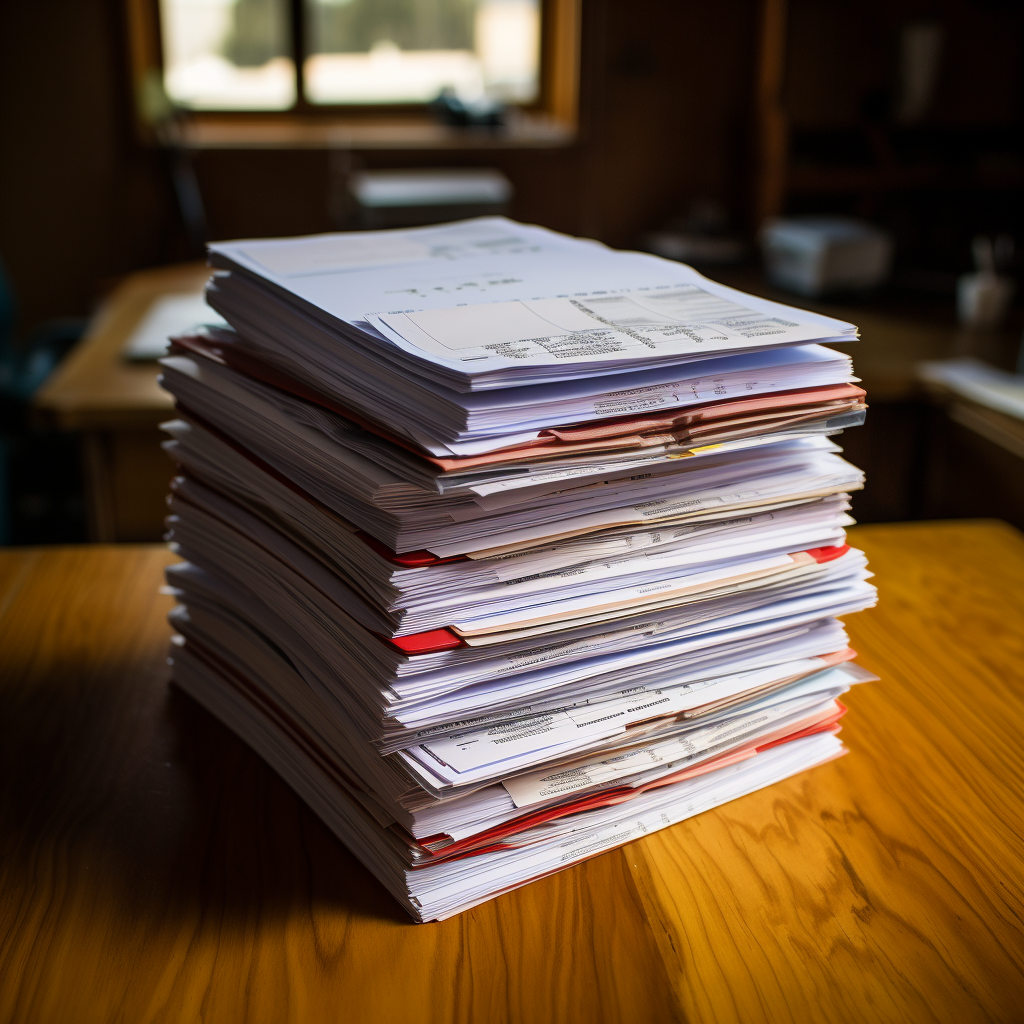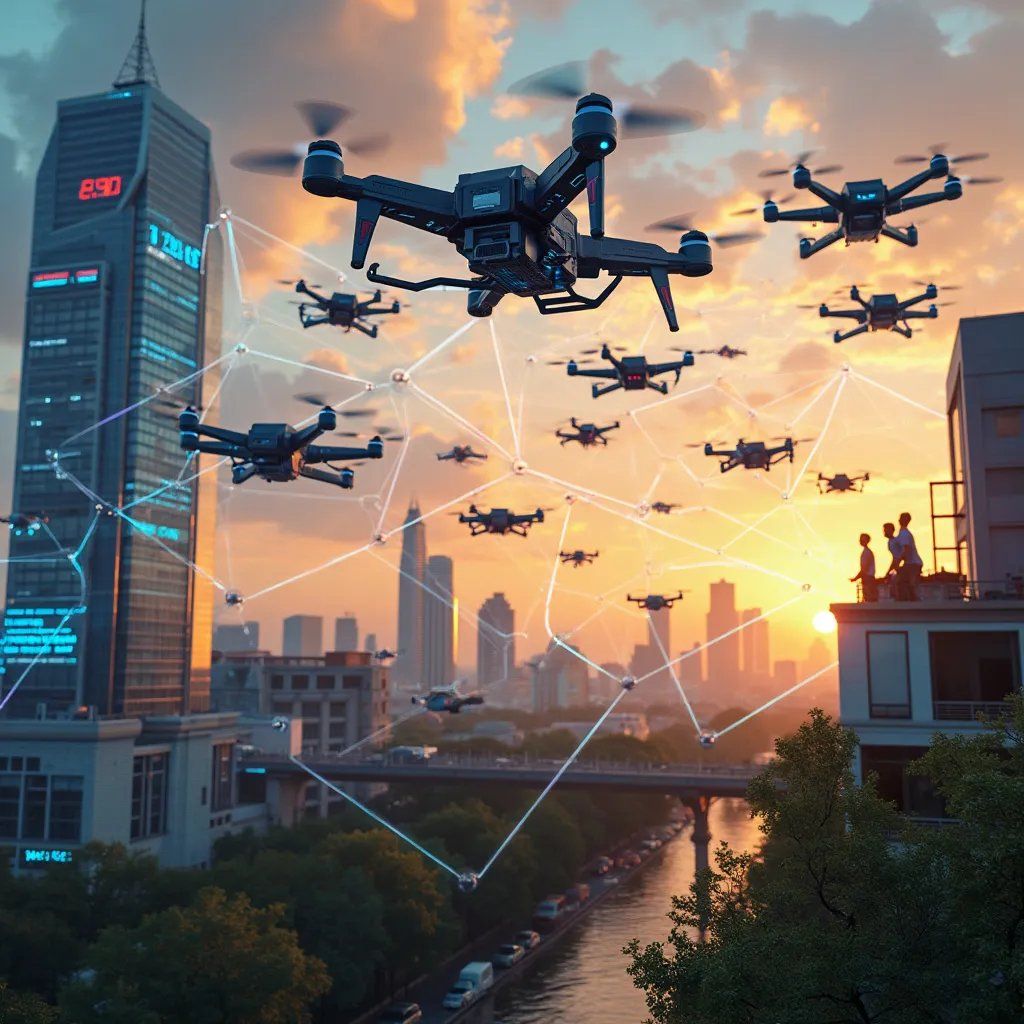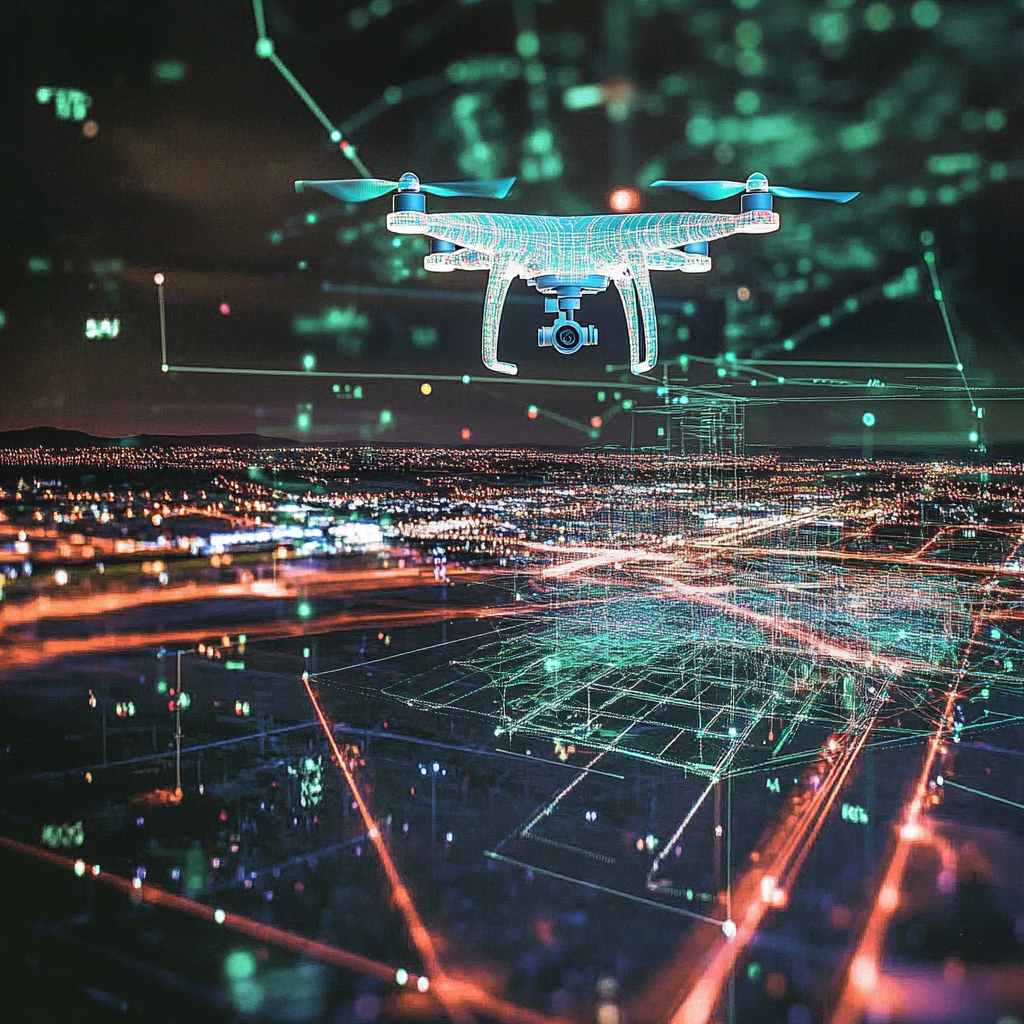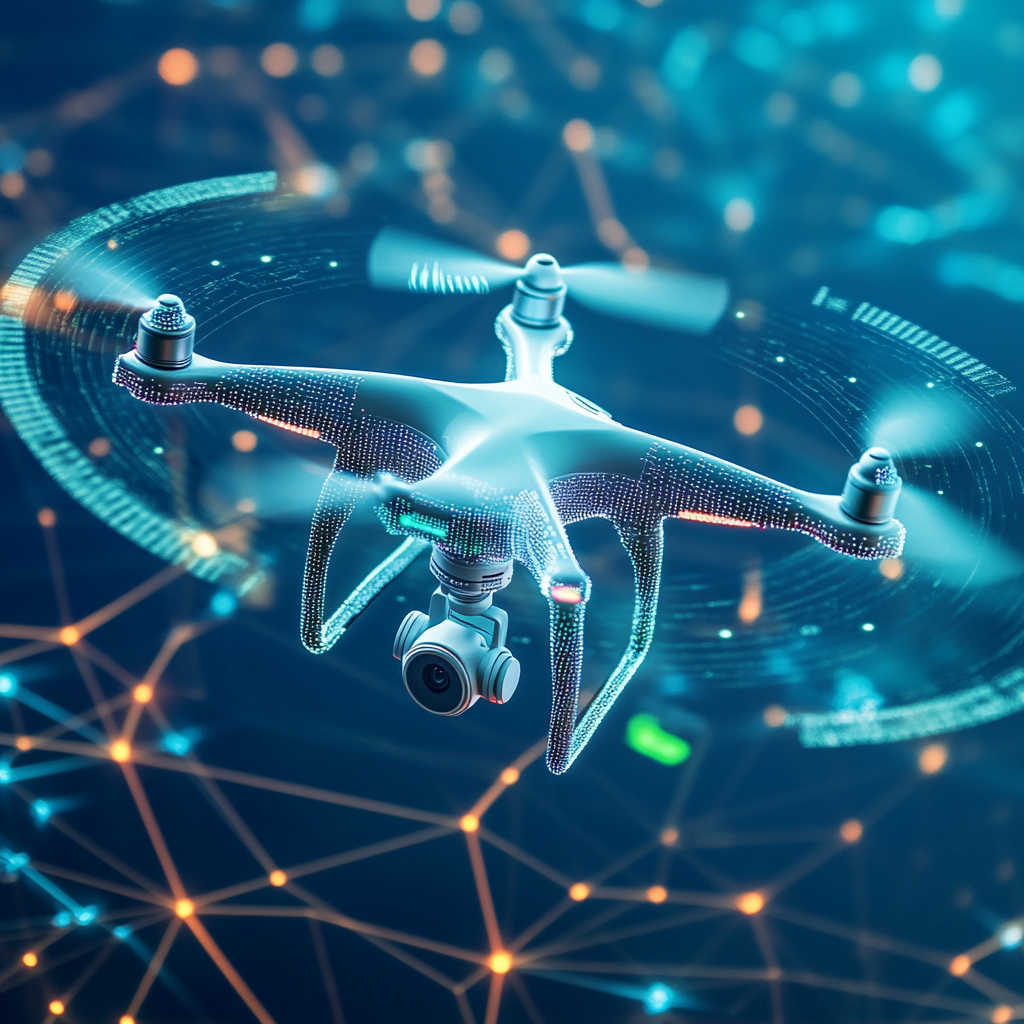Introduction
The integration of blockchain technology into aviation’s black boxes, known as Flight Data Recorders (FDRs), signifies a groundbreaking shift in enhancing aviation safety and operational efficiency. This in-depth analysis explores how this innovative integration can revolutionize the management and utilization of black box data.
Flight Data Recorders: Ensuring Aviation Safety
Flight Data Recorders are pivotal in aviation safety, providing critical data for accident investigation and preventive maintenance. Unlike Cockpit Voice Recorders (CVRs) that capture audio, FDRs record flight parameters including speed, altitude, and engine performance. Their role is crucial in deciphering the events leading up to an incident, making them indispensable for maintaining safety standards in aviation.
Enhancing FDRs with Blockchain: A Detailed Exploration
Unparalleled Data Integrity
- Immutability
Blockchain ensures that once FDR data is recorded, it remains permanently unaltered. This immutability is vital for preserving the accuracy and truthfulness of the recorded events, offering a tamper-proof record for investigators.
- Reliability
The reliability of blockchain-secured data is unparalleled, providing a source that can be legally and scientifically relied upon without doubt. This reliability is essential for establishing factual bases in accident investigations and for regulatory compliance.
- Consistency and Trust
Blockchain’s consistent data integrity builds trust among all stakeholders, including aviation authorities, airline operators, and safety investigators. This trust is crucial for transparent and fair investigations and for upholding the credibility of the aviation industry.
Reinforced Security
- Advanced Cryptography
Blockchain uses advanced cryptographic methods to secure sensitive flight data, protecting it against unauthorized access and potential cyber threats. This level of security is crucial for safeguarding critical and confidential aviation data.
- Decentralized Data Storage
By distributing data across a decentralized network, blockchain significantly reduces the risks associated with centralized data storage systems. This decentralization enhances the overall resilience of the data storage framework against targeted attacks or system failures.
- Dynamic Security Protocols
Blockchain platforms can adapt and integrate the latest security protocols, ensuring that FDR data remains safeguarded against evolving cyber threats. This continuous adaptation is essential for maintaining high security standards in a rapidly changing digital landscape.
Real-Time Data Sharing and Transparency
- Instant Access for Authorized Parties
Blockchain enables secure, immediate access to FDR data for authorized entities, facilitating timely decision-making in critical situations. This instant access is crucial for quick responses to in-flight anomalies and emergencies.
- Improved Coordination and Safety Oversight
The technology allows for better coordination among airlines, regulators, and maintenance teams, fostering a proactive approach to flight safety. Real-time data sharing ensures that all parties have up-to-date information, enhancing the effectiveness of safety oversight.
- Global Data Accessibility
Blockchain ensures that FDR data is accessible worldwide, which is vital for international operations and investigations. This global accessibility aids in seamless collaboration and information sharing across borders, essential for multinational investigations and safety analyses.
Conclusion
The integration of blockchain technology with Flight Data Recorders represents a significant step forward in aviation safety and efficiency. By ensuring data integrity, bolstering security, and enabling real-time data sharing, blockchain technology paves the way for a more transparent, reliable, and secure future in aviation data management.







